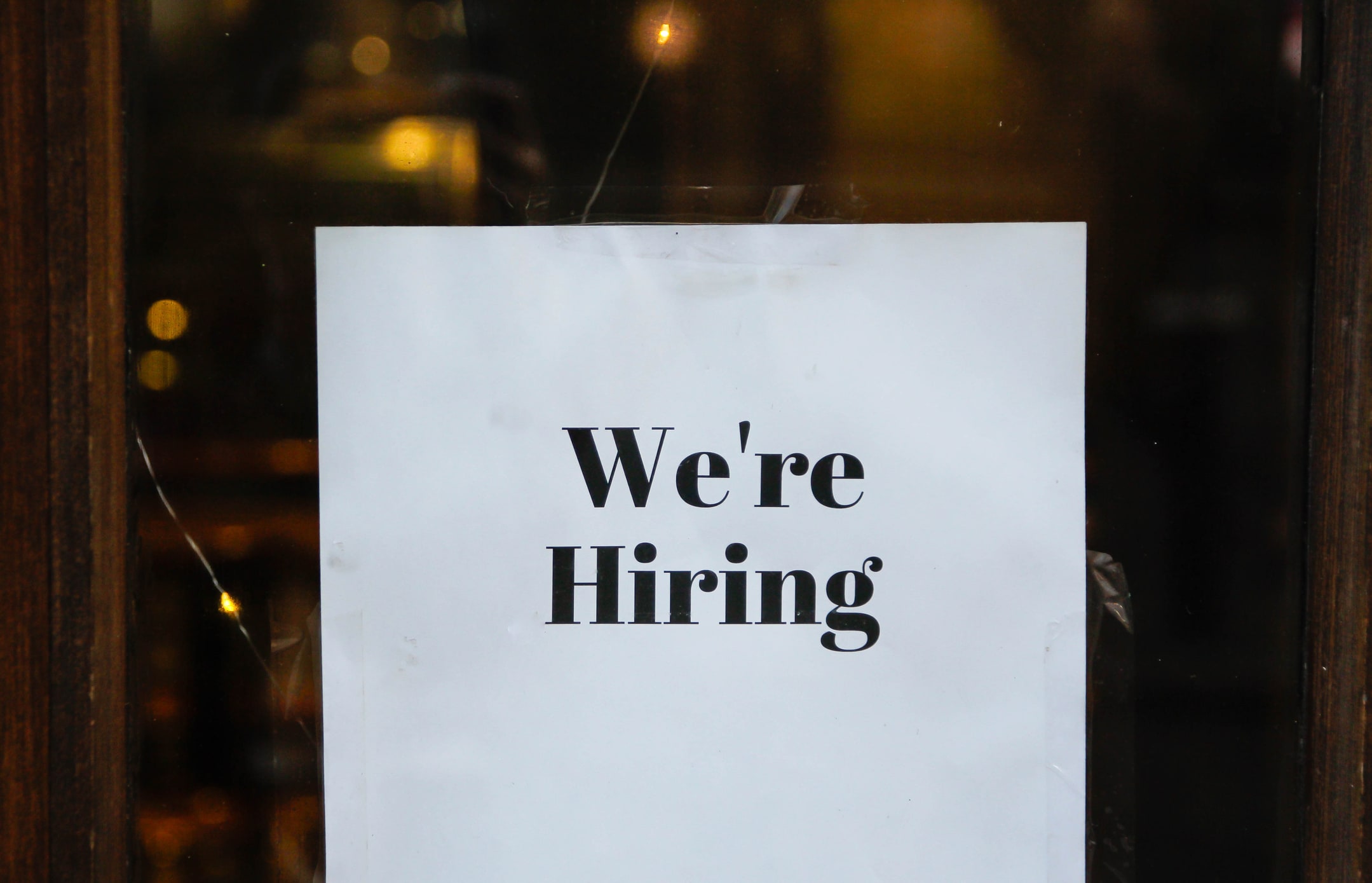European markets underwent another negative session yesterday as this week’s sell off continued to gather momentum, with the DAX falling for the 4th day in a row, while the FTSE100 finished lower for the 3rd straight session, although it was notable that we closed well off the lows of the day.
US markets also fell for the 3rd day in succession, with the US dollar finishing the day unchanged, despite posting a fresh 4-week high.
A combination of rising US yields, along with concern over earnings guidance downgrades weighed on markets generally, with the weakness in US markets weighing on the broader risk outlook. The slide in long-dated US treasuries isn’t being helped by the prospect of a supply surplus driven by future US spending plans to fund a rising budget deficit.
Even with Apple and Amazon reporting solid numbers after the close last night, we don’t appear to have seen a significant uplift as we head into the weekend.
Some have suggested that the Fitch downgrade of the US AAA rating to AA+ may have had a part to play in this week’s weakness, however while the narrative of that might seem compelling there was nothing in Fitch’s findings that told us anything we didn’t already know.
The US economy still appears to be in decent shape, concern about the manufacturing sector notwithstanding, but the services sector has remained resilient, with another solid ISM survey in July which saw prices paid tick higher, and the employment component tick lower. The resilience in the prices paid component feeds into the concern that rates are likely to remain higher for longer.
Which brings us to today and the July jobs report. Having just come off the back of another 25bps rate hike from the Federal Reserve last week, and what may well be the final rate hike of this cycle, today’s US payrolls data is likely to continue to showcase the resilience of the US economy.
We’ve already seen once again this week that private sector job growth remains strong with another 324k jobs added by ADP last month, on top of the 497k in June, although we could start to see some evidence of a slowdown in the BLS numbers given how unremarkable the previous non-farm payrolls report was back in June.
The June jobs report was the first US jobs report which was fairly unremarkable in nature, with 209k jobs added for the month, and the weakest headline number in over 2 years.
There was also a 2-month net revision lower of -110k jobs, which took some of the lustre off recent gains. Despite this the unemployment rate still fell to 3.6%, while average hourly earnings growth came in at 4.4%, which was slightly higher than expected.
Today’s jobs report is expected to see 200k jobs added, with unemployment set to remain unchanged at 3.6%, while average hourly earnings are expected to slip back from 4.4% to 4 2%.
We also have the Canada jobs report which is also expected to see a strong set of numbers, after the 59k jobs added in June.
The pound underwent a volatile day yesterday, hitting a one month low, before rebounding strongly to finish the day unchanged.
The decision by the Bank of England to raise rates by 25bps to a new 15-year high posed a number of questions, not least the prospect that rates were likely to stay at current levels for a long time to come. By the tone of the press conference, it was also surmised that we may well be close to the peak of this rate hiking cycle given comments from deputy governor Ben Broadbent when he stated that UK rate policy was restrictive already, and that UK rates are now likely above the neutral rate.
If that turns out to be the case when set against a weak growth backdrop then the bar to another rate rise is likely to be a high one, and will depend greatly on the next 2 CPI inflation reports, the first of which is due in just under a fortnight.
EUR/USD – recovered from just above the 1.0900 area, closing above the 50-day SMA at 1.0930, keeping the current uptrend intact. Also have support at 1.0830. Resistance remains at last week’s high at 1.1150.
GBP/USD – drifted down the 1.2620 area before rebounding, but we need to see a close above the 50-day SMA to signal a bottom is in around the 1.2600 area. Below 1.2600 targets 1.2400. Resistance at the 1.2830 area as well as 1.3000.
EUR/GBP – pushed up to the 0.8655/60 area yesterday before retreating, with support now at the 0.8580 area, the bias remains for a retest of the July highs at 0.8700/10. Below 0.8580 retargets the 0.8530 area.
USD/JPY – failed just below the 144.00 area, slipping back to the 142.00 area where we have support. A mover below 142.00 could see a move towards the lows this week at 140.70. Main resistance remains at the previous peaks at 145.00.






